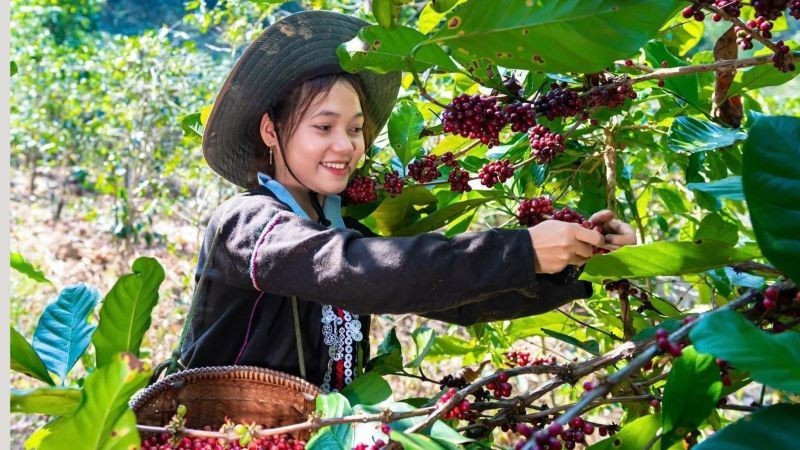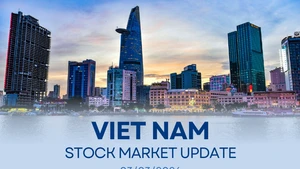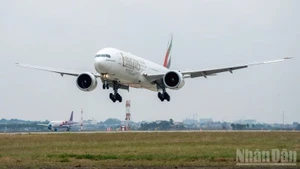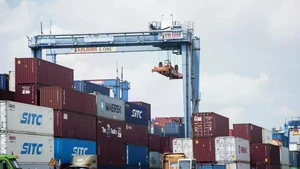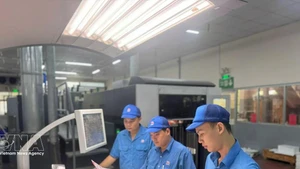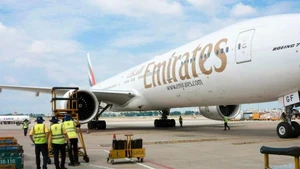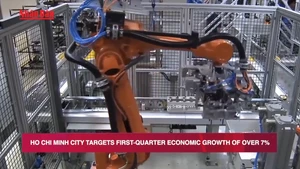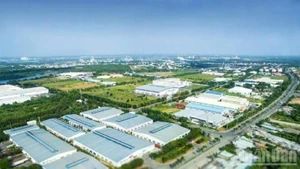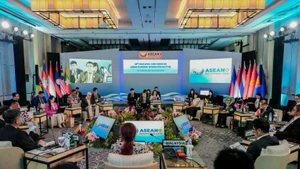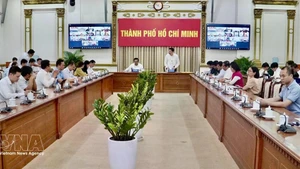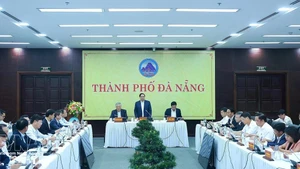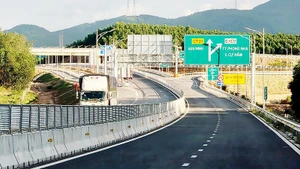Accordingly, the focus is on boosting deep processing, developing value chains based on sustainable models, and strengthening quality control and traceability to uphold the country’s prestige and increase the added value of Vietnamese agricultural and aquatic products in international markets.
Promoting deep coffee processing, standardised traceability and sustainability certifications
According to statistics from the Ministry of Agriculture and Environment, coffee export turnover in the first half of 2025 reached a record high, with rising exports of Arabica and processed coffee signalling increased investment in technology and value-added products. The sector is expected to reach 7 billion USD for the year, affirming Viet Nam’s global coffee standing.
However, challenges such as a 20% import tax from the US and stringent European Union Deforestation Regulation (EUDR) standards require a robust transformation of the industry: developing high-quality cultivation areas, accelerating deep processing, and standardising traceability and sustainability certifications.
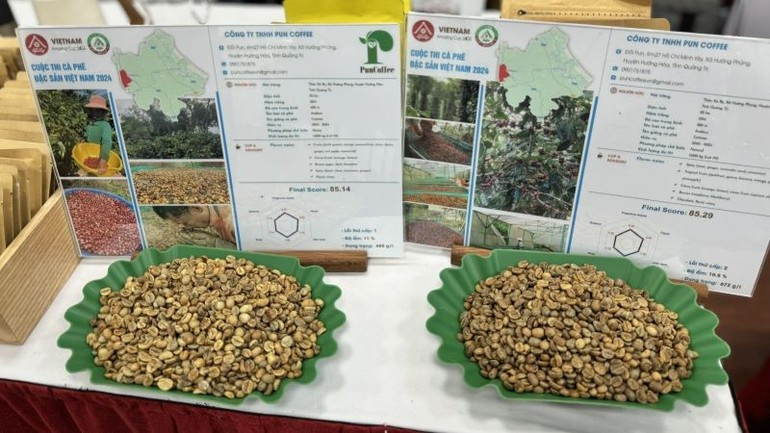
Experts recommend that businesses focus on featured products such as specialty coffee, certified, and environmentally friendly coffee products, to effectively tap into the European market.
In addition, there is a need to develop a long-term national brand strategy and protect geographical indications such as “Buon Ma Thuot Coffee”, while revamping trade promotion programmes to narrate the story of phin-brewed coffee culture, growing regions, and sustainable production. These are essential foundations for Vietnamese coffee to achieve sustainable and responsible international outreach.
Removing bottlenecks in catch documentation and unlocking domestic raw tuna supplies
According to data from the Ministry of Agriculture and Environment, Viet Nam’s tuna exports to Germany dropped by 33% in the first five months of 2025 compared to the same period in 2024, totalling nearly 11 million USD. The key export products were canned and frozen tuna. However, due to insufficient domestic raw material supply, canned and processed tuna exports coded HS16 declined by as much as 48%.

Although Vietnamese businesses can source raw materials from European countries, this raises input costs and reduces product competitiveness, particularly as German consumers are increasingly curbing spending amid continued economic volatility.
To reduce risks associated with over-reliance on the US market amid rising countervailing tariffs, exporters are now expanding into other major markets, including Europe and several Asian countries. To do so effectively, government support is needed to remove bottlenecks in the issuance of catch documentation and thereby improve domestic raw tuna supply.
In response, Prime Minister Pham Minh Chinh has instructed the Ministry of Agriculture and Environment to take the lead, working with relevant bodies to review information from the Government Portal and implement tasks assigned in Directive No. 59/CD-TTg dated May 8, 2025. The Ministry is also requested to proactively propose solutions within its assigned functions and authority, with emphasis on encouraging and supporting businesses to invest in deep processing, develop sustainable value chains, and strengthen control and traceability to maintain prestige and enhance the added value of Vietnamese agricultural and aquatic products in international markets.
